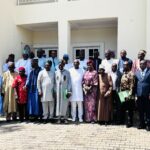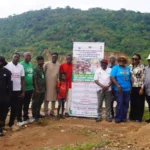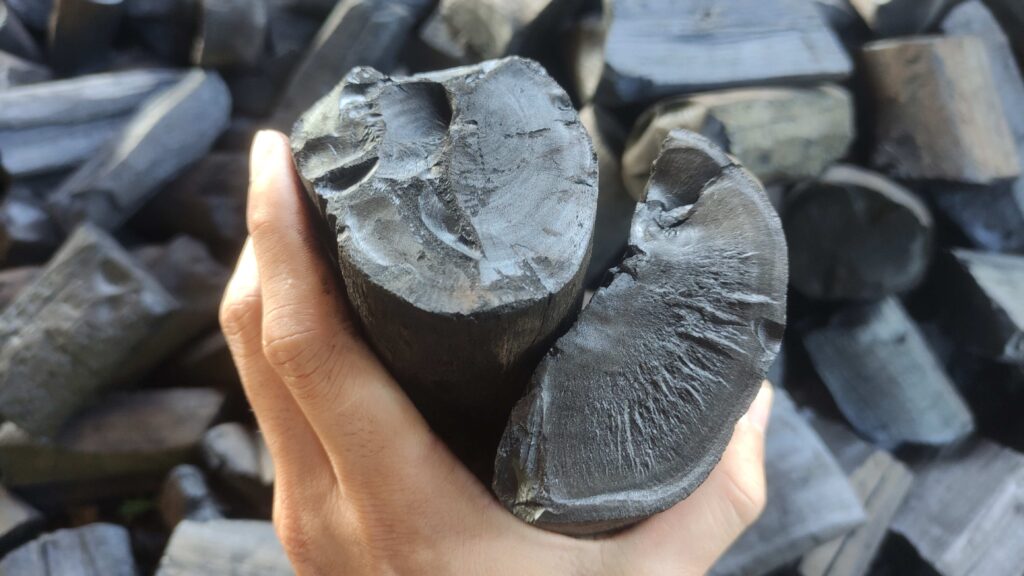Charcoal industry catalyst to Nigeria’s economic growth, poverty reduction – Expert
2025-09-12
Charcoal industry catalyst to Nigeria’s economic growth, poverty reduction – Expert By Collins Yakubu-Hammer An entrepreneur, Ebenezer Akarah, says Nigeria’s untapped charcoal industry holds key to powering the economy and lifting the citizens out of poverty. Akarah in an interview with the News Agency of Nigeria (NAN), on Wednesday inContinue Reading












